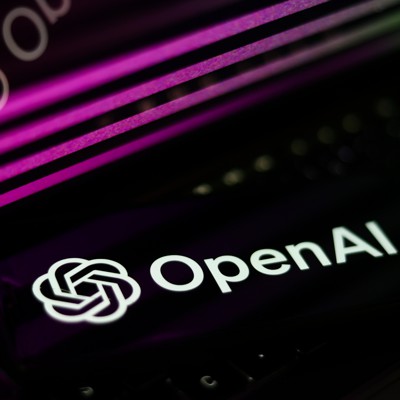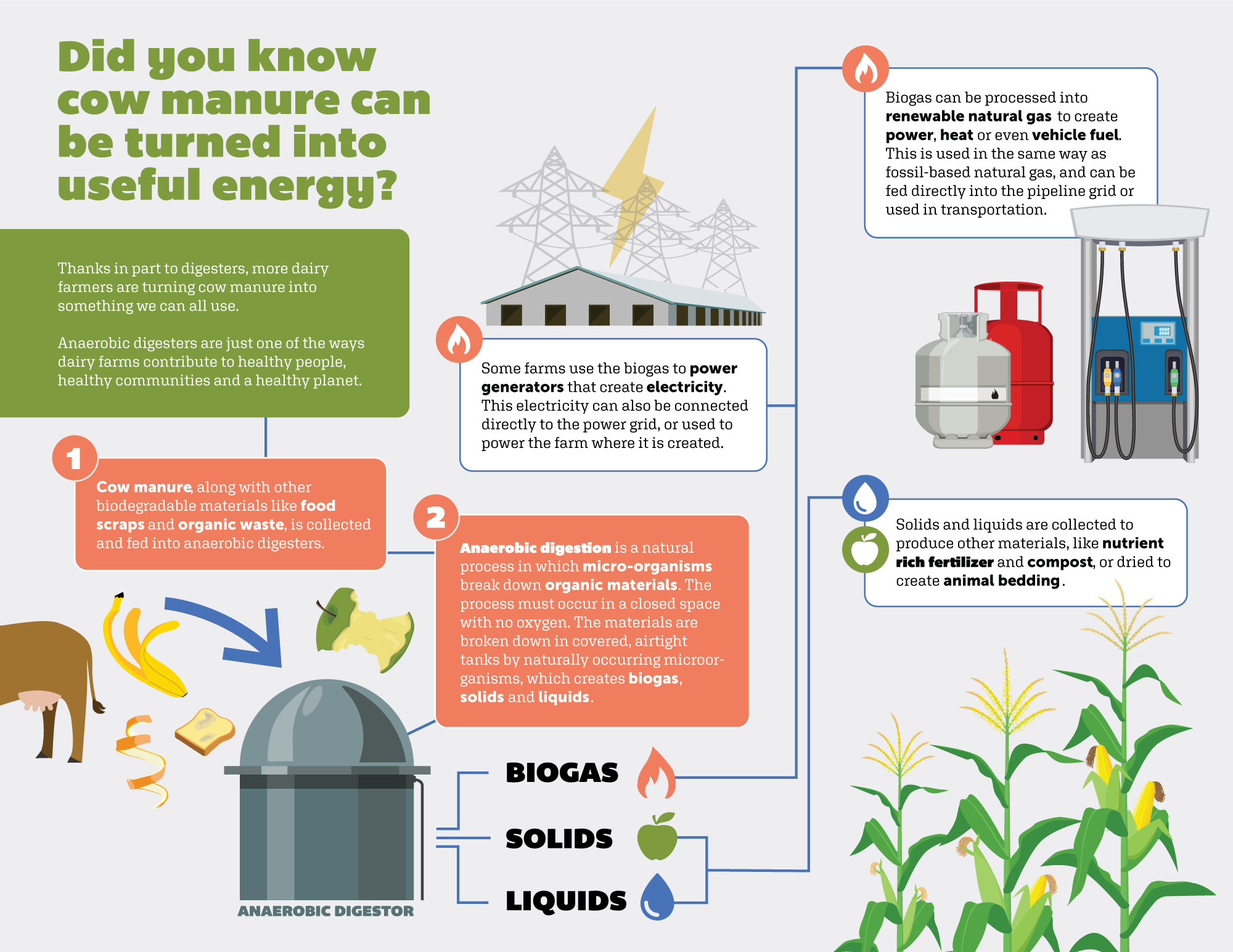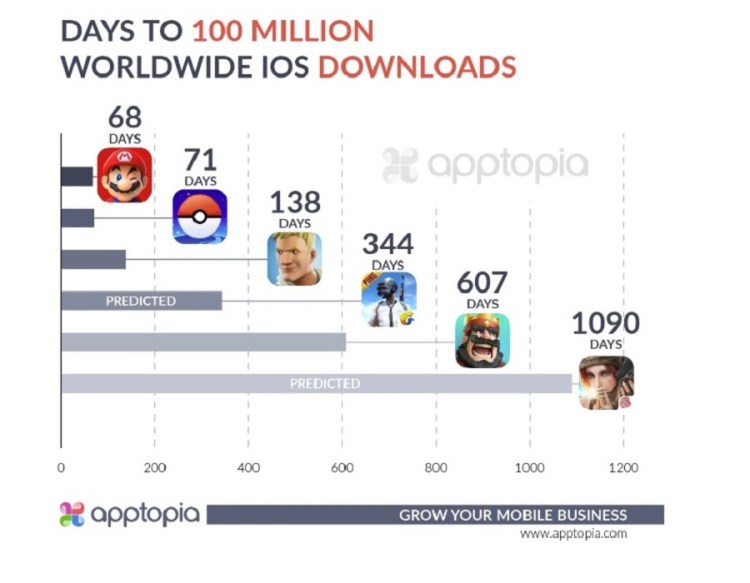FTC Probe Of OpenAI: Implications For AI Development And Regulation

Table of Contents
OpenAI's Practices Under Scrutiny
The FTC's investigation likely centers on several key aspects of OpenAI's operations, raising concerns about both its business practices and the broader implications for AI ethics.
Data Privacy Concerns: The sheer volume of data used to train OpenAI's large language models (LLMs) is a major point of concern. This raises serious questions about potential violations of consumer privacy laws like GDPR and CCPA.
- Vast Data Collection: OpenAI's models are trained on massive datasets scraped from the internet, potentially including personal information without explicit consent.
- Lack of Transparency: There's a lack of clarity regarding the exact sources of this data and how it's used, hindering individuals' ability to understand and control their data.
- Ethical Implications: Using personal data without informed consent raises significant ethical questions and potentially violates established privacy regulations. The FTC's investigation will likely scrutinize OpenAI's data handling practices against these legal frameworks.
Algorithmic Bias and Discrimination: Another critical area under scrutiny is the potential for bias in OpenAI's models. AI systems trained on biased data can perpetuate and amplify existing societal inequalities.
- Biased Datasets: The datasets used to train AI models often reflect existing societal biases, resulting in outputs that discriminate against certain groups.
- Discriminatory Outputs: AI models can exhibit bias in their responses, reinforcing stereotypes and potentially causing harm to marginalized communities.
- Mitigation Strategies: The FTC will likely assess the effectiveness of OpenAI's strategies to mitigate bias and ensure fairness in its algorithms. This includes examining the processes and tools employed to detect and address bias.
- Ongoing Monitoring: The need for continuous monitoring and auditing of AI systems to identify and rectify biases is paramount. This proactive approach is vital for responsible AI development.
Implications for AI Development
The FTC probe of OpenAI has significant implications for the broader AI development landscape.
Increased Regulatory Scrutiny: The investigation sets a precedent, signaling a more rigorous regulatory environment for AI development. This likely means:
- Stricter Data Privacy Regulations: Expect tighter regulations regarding data collection, usage, and storage, possibly including stricter consent requirements.
- Increased Transparency Requirements: Greater transparency in AI algorithms, data sources, and model outputs will likely be mandated.
- Stringent Algorithmic Bias Mitigation: Developers will face stricter guidelines for identifying, mitigating, and preventing bias in their AI systems.
- Greater Accountability for Developers: AI developers will face increased accountability for the ethical and legal implications of their creations.
Slowdown in Innovation? While responsible regulation is crucial, excessive scrutiny could potentially hinder innovation. The challenge lies in striking a balance:
- Balancing Regulation and Innovation: Regulatory frameworks need to be carefully designed to encourage responsible innovation without stifling creativity and competition.
- Avoiding Overregulation: Excessive regulation can create barriers to entry and impede the growth of the AI sector.
- Promoting Responsible Innovation: The goal is to establish a supportive environment for ethical and responsible AI development.
The Future of AI Regulation
The FTC's action underscores the need for a more comprehensive and global approach to AI regulation.
The Need for Comprehensive Frameworks: A coordinated global effort is required to address the challenges posed by AI. This necessitates:
- International Collaboration: International cooperation is crucial to establish consistent standards and avoid regulatory fragmentation.
- Ethical Guidelines: Clear ethical guidelines for AI development and deployment are necessary to ensure responsible use.
- Accountability Mechanisms: Robust mechanisms for holding AI developers accountable for their creations are vital.
- Adaptive Regulations: Regulations must be flexible and adaptable to keep pace with the rapid advancements in AI technology.
Industry Self-Regulation and Collaboration: While government oversight is essential, the AI industry itself must play a proactive role.
- Industry-Led Initiatives: Industry bodies should develop and implement initiatives to address bias, promote fairness, and ensure responsible AI practices.
- Transparency: Increased transparency in AI algorithms and data usage is essential to build trust and accountability.
- Collaboration: Collaboration between researchers, developers, policymakers, and the public is crucial for effective AI governance.
- Investment in AI Safety: Significant investment in AI safety and security research is needed to mitigate potential risks.
Conclusion:
The FTC probe of OpenAI is a watershed moment for the AI industry. It highlights the critical need for responsible AI development and the urgent necessity for robust regulatory frameworks to address the ethical and legal challenges posed by this rapidly evolving technology. The implications extend far beyond OpenAI, affecting all AI developers and influencing the future trajectory of artificial intelligence. To stay informed on this crucial development and its impact on the future of AI, continue to monitor updates on the FTC Probe of OpenAI and related regulatory initiatives. Understanding the evolving legal and ethical landscape surrounding AI is crucial for navigating the complexities of this transformative technology.

Featured Posts
-
 Metropolis Japan Culture History And Modernity
May 18, 2025
Metropolis Japan Culture History And Modernity
May 18, 2025 -
 Vuurwerkverbod Een Op De Zes Blijft Kopen
May 18, 2025
Vuurwerkverbod Een Op De Zes Blijft Kopen
May 18, 2025 -
 Trumps Middle East Engagement Winners And Losers
May 18, 2025
Trumps Middle East Engagement Winners And Losers
May 18, 2025 -
 Asamh Bn Ladn Alka Yagnk Ky Fhrst Myn Sb Se Ahm Nam
May 18, 2025
Asamh Bn Ladn Alka Yagnk Ky Fhrst Myn Sb Se Ahm Nam
May 18, 2025 -
 Damiano David Maneskin Shares Thought Provoking Solo Song Next Summer
May 18, 2025
Damiano David Maneskin Shares Thought Provoking Solo Song Next Summer
May 18, 2025
Latest Posts
-
 Building Voice Assistants Made Easy Open Ais New Tools
May 18, 2025
Building Voice Assistants Made Easy Open Ais New Tools
May 18, 2025 -
 Mining Meaning From Mess An Ais Approach To Creating A Podcast From Repetitive Scatological Documents
May 18, 2025
Mining Meaning From Mess An Ais Approach To Creating A Podcast From Repetitive Scatological Documents
May 18, 2025 -
 Ai Powered Podcast Creation Transforming Mundane Scatological Data Into Engaging Content
May 18, 2025
Ai Powered Podcast Creation Transforming Mundane Scatological Data Into Engaging Content
May 18, 2025 -
 Turning Poop Into Prose An Ais Journey From Scatological Data To Engaging Podcast
May 18, 2025
Turning Poop Into Prose An Ais Journey From Scatological Data To Engaging Podcast
May 18, 2025 -
 The Fortnite I Os Ban A Detailed Explanation
May 18, 2025
The Fortnite I Os Ban A Detailed Explanation
May 18, 2025
